Microsoft, the world is watching: You need to prove you will do right by Activision Blizzard King employees
As Kotick sails into the sunset on his golden parachute, Microsoft needs to prove itself worthy following its Activision Blizzard deal.
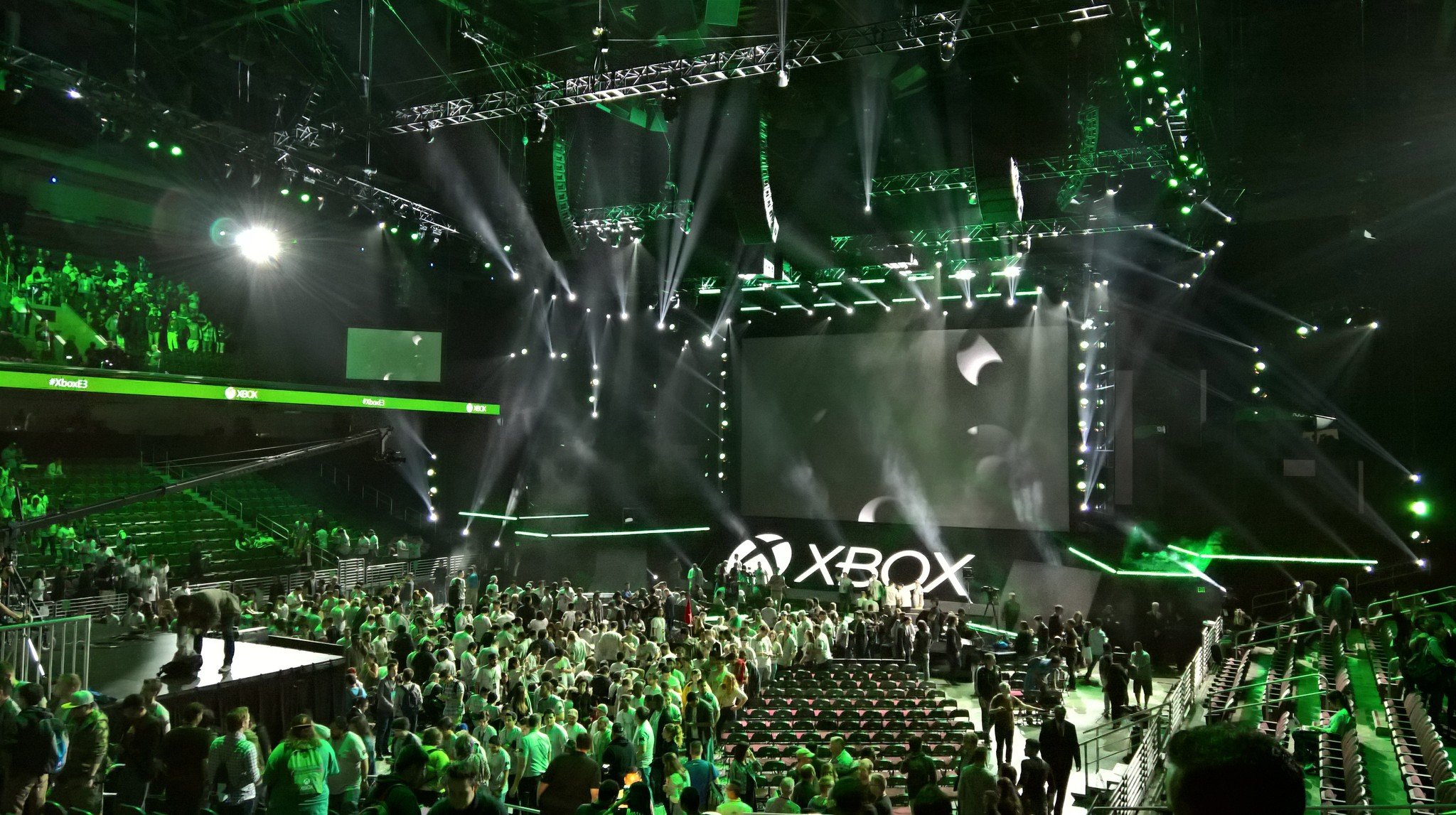
Yesterday, Microsoft shook the world with the revelation it is spending almost $70 billion dollars to acquire Activision Blizzard for its new Microsoft Gaming division. The acquisition presents a whole lot of opportunity, but also, a whole lot of questions.
For the average consumer, Activision Blizzard represents decades of beloved universes, from Warcraft to Call of Duty. All too often, we forget those games and franchises are made by passionate humans, who pour their talent, skills, and lives into building these titles. Whether it's customer support staff, marketing teams, server engineers, artists, programmers, and beyond — the frontline staff bears the brunt of all the recent scandals, complaints, and pressure from Activision's management layer and shareholders. And they've had a hell of a few years.
Scandals, the legacy of maltreatment, CEO Robert Kotick's absurd compensation packages, company-wide unfair pay, and arbitrary layoffs — Microsoft has a hell of a lot to prove to a team that really, really deserves a reprieve. This is a call on Microsoft to prove they will do right by everyone involved at Activision Blizzard (when, and if the deal closes), whose legacy extends to joy and relaxation for hundreds of millions over the years.
A beloved legacy to protect
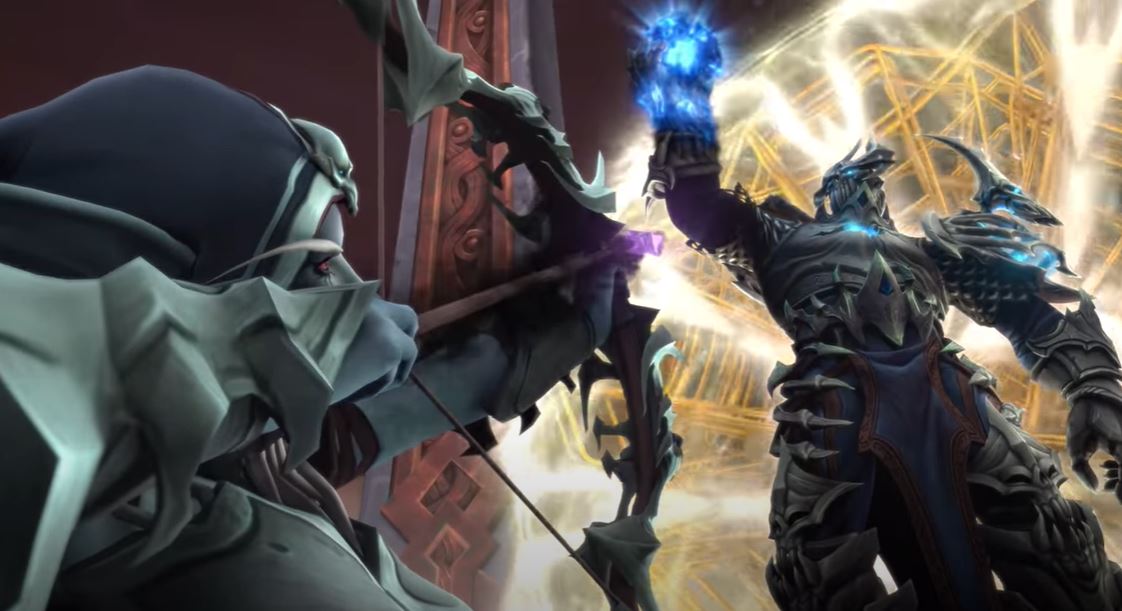
I don't need to describe the size of some of these franchises; Crash Bandicoot, Call of Duty, Warcraft, Overwatch, Starcraft, Diablo, and dozens more, dating back decades. Activision, Blizzard, and King serve millions upon millions of gamers across console, PC, and mobile, with mountains of legacy IP that Microsoft could revive and adapt for future audiences. Skylanders, Guitar Hero, Hexen, Singularity are among the new properties truly beyond what Xbox had before.
Many of Activision Blizzard's core franchises are sorely under-represented and under-appreciated, however. Starcraft has languished out of the spotlight for a while, neglected and forgotten. The Warcraft III "remake" was an unmitigated disaster, too, with reports that Activision cut corners and rushed the release to meet a quarterly report, rather than build a good game.
For gamers, Microsoft should move fast to prove it will serve these franchises well. For devs, Microsoft should show it will give them the resources and time they need to realize their ambitions.
Microsoft has more recently shown itself to be willing to prioritize quality over quarterlies, however. They delayed Halo Infinite for an entire year, missing the Xbox console launch window, to ensure it met expectations. Microsoft is also vastly expanding and growing some of its older core acquisitions, with studios like Undead Labs, inXile entertainment, Ninja Theory, and The Coalition ballooning in headcount.
The fact Microsoft was willing to drop a truly insane $70 billion on Activision signals they're all-in on gaming, and nickel-and-diming games and, more crucially, staff and studios, is hopefully something that will stay with Activision as a bad memory.
Get the Windows Central Newsletter
All the latest news, reviews, and guides for Windows and Xbox diehards.
As part of Microsoft, the creativity of Activision Blizzard is somewhat shielded from shareholders. Microsoft's share price typically hinges on cloud growth and business-to-business deals, with Xbox largely left to its own devices. Naturally, the only metric Microsoft cares about with regards to growth is Xbox Game Pass and monthly active users in its gaming sector. You can't acquire Xbox Game Pass subscribers without a diverse portfolio of high-quality games and positive sentiment, particularly on PC, where competition from Steam and other storefronts presents higher resistance to converting Xbox console players to Game Pass subscribers.
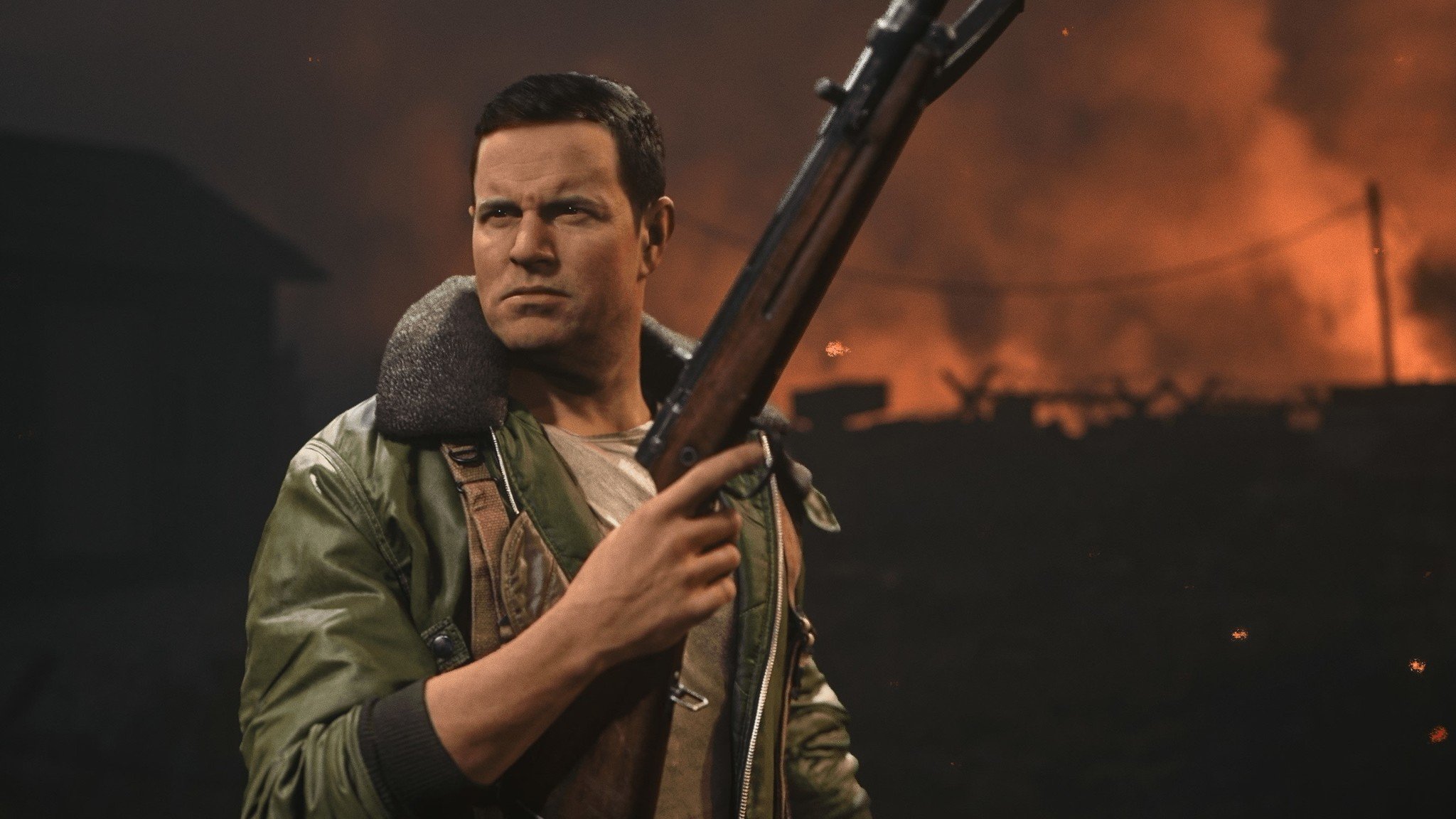
Microsoft has a real opportunity to let Activision Blizzard return its focus entirely to making high-quality games, casting off some of the shareholder-baiting mechanics like forced time gating and systems to inflate monthly active user (MAU) and engagement in the short term. Blizzard especially was formerly a studio known wholly for quality, and while they had a recent win with Vicarious Visions' Diablo II remake, Warcraft III Reforged, WoW: Shadowlands, the slow decay of Overwatch, and the effective death of Starcraft leaves a sour taste.
For gamers, Microsoft should move fast to prove it will serve these franchises well — quality, value, and players first — over the corner-cutting practices. For devs, Microsoft should show it will give them the resources and time they need to realize their ambitions.
Freedom, and integration without layoffs
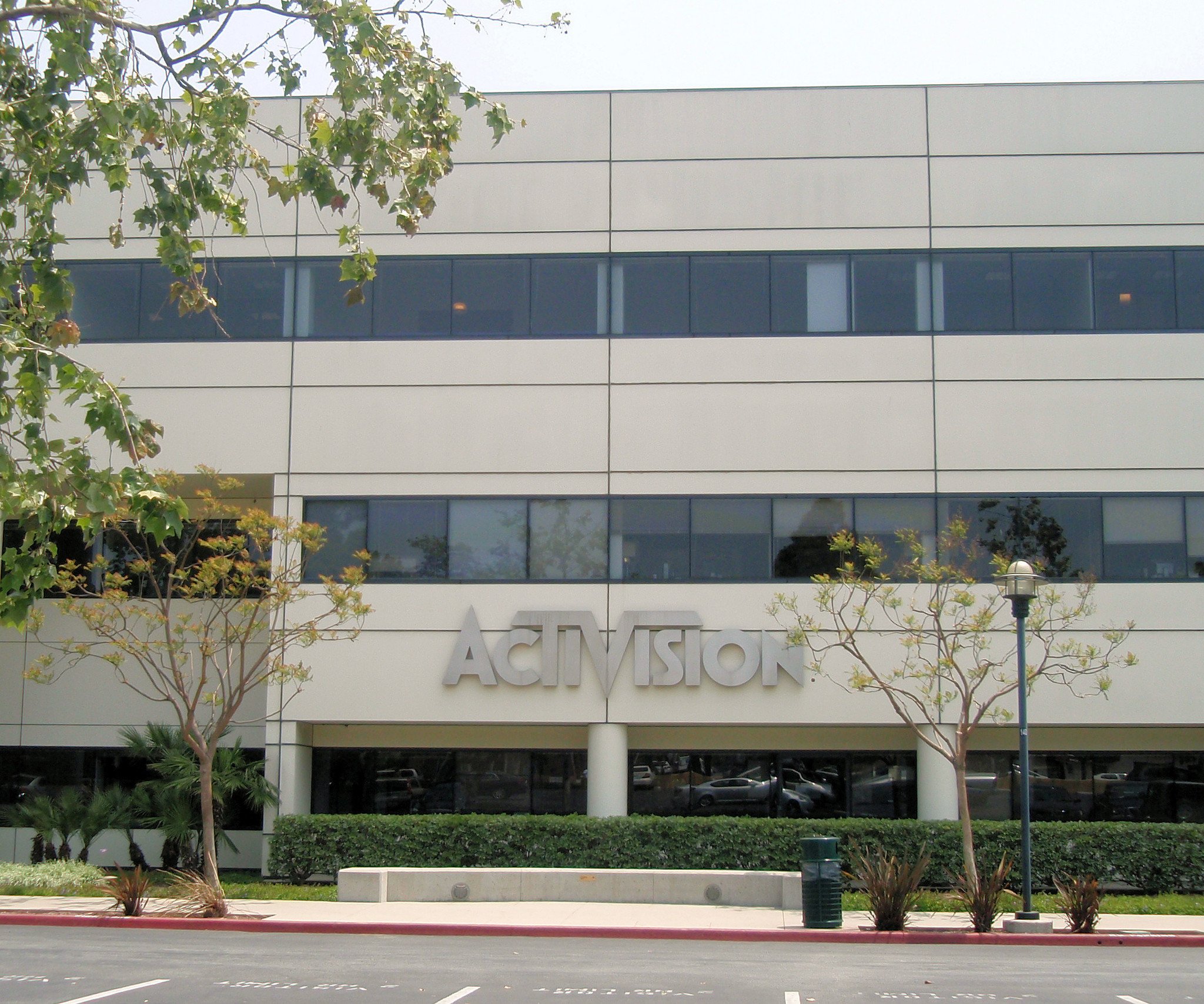
Indeed, Microsoft has generally painted the picture that it takes a hands-off approach to its studios. Mojang and Minecraft is a good example, where Microsoft has, by and large, kept the game running as is, allowing Mojang to set its own priorities while keeping Minecraft growing with large and relatively frequent updates. As I outlined above, we can only hope that Microsoft's leadership will grant Activision Blizzard teams the freedom to build games, rather than money printing machines, but there are other things to consider outside of game development itself.
I think I can speak for the entire gaming world to say we will not forgive you if we see large-scale layoffs.
One thing that often bugs me about Xbox and Microsoft, in general, is the quality of its customer service. Microsoft used to have a large customer service department, that has gradually been replaced with bots and even "Xbox Ambassador" volunteers, which I think is absurd for a company as large and rich as it is. For all its faults, Activision Blizzard, particularly Blizzard, has some of the best customer service teams in the entire industry in my view.
Blizzard's "GM" game masters are fully paid staff and often do their jobs with flair and humor while helping players in World of Warcraft and other titles. Blizzard has a world-class cinematics modeling team too, alongside a huge internal merchandise operation. Pre-pandemic, Blizzard also spent a huge portion of its income celebrating its games with the BlizzCon expos. Activision also has a huge hand in esports — a sector Microsoft historically has shown ambivalence toward.
I can't help but worry about some of the teams at Activision Blizzard outside of Microsoft's typical wheelhouse. The last thing anyone watching this unfold wants to see is mass layoffs. And believe me, Microsoft, I think I can speak for the entire gaming world to say we will not forgive you if we see large-scale layoffs in some of the lesser-known and under-appreciated departments. Integrate them, do not cut them.
Prove you'll do the right thing, Microsoft
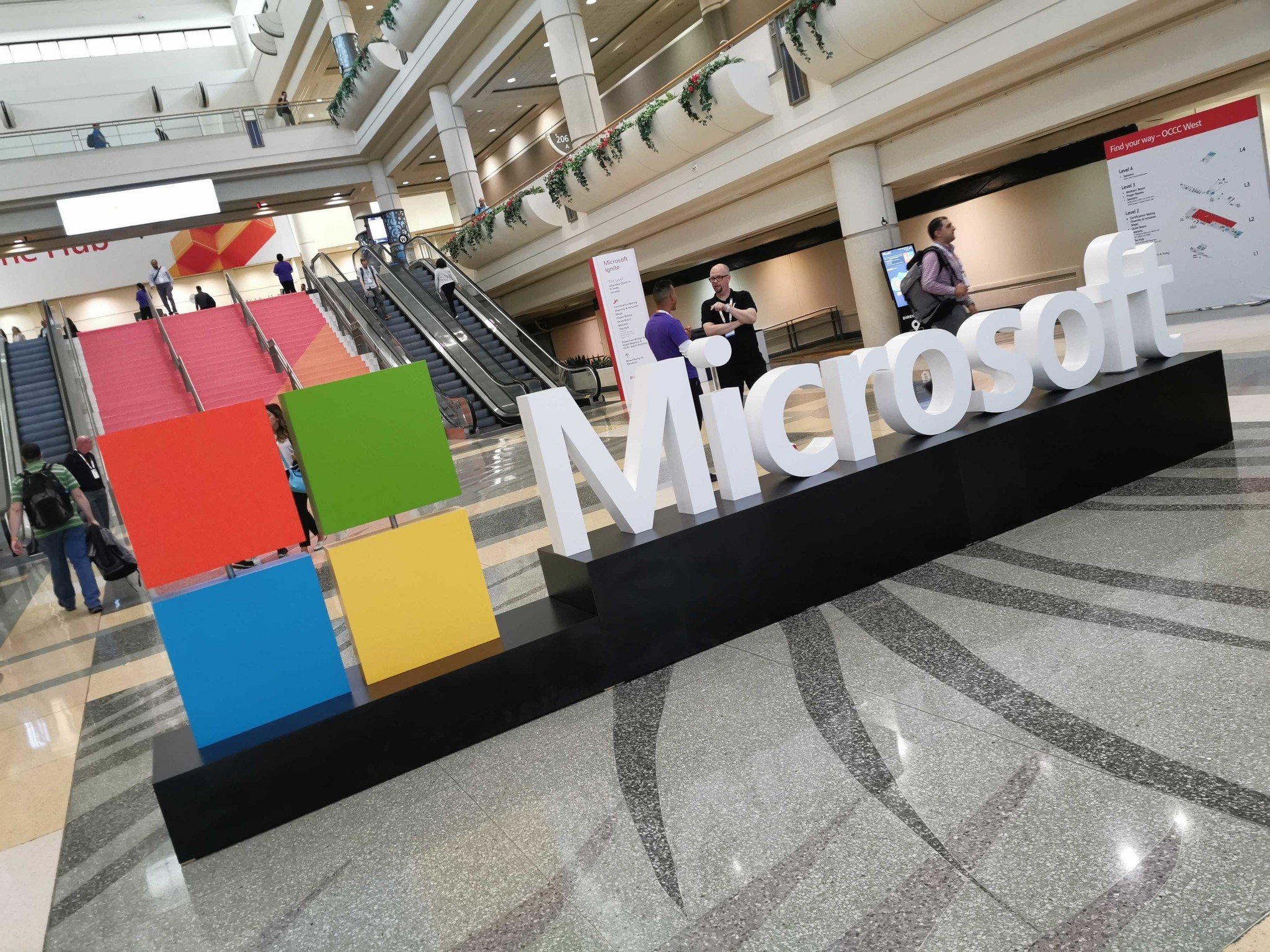
The world is watching right now, Microsoft. It's not the same when you purchase an AI company like Nuance or a dev platform like Github, or a work-oriented social network like LinkedIn. Activision Blizzard games come with a vast legacy of emotional attachment, admiration, and fandom dating back decades. Gamers and fans of these franchises have been desperate by and large for a leadership change at Activision for years, and many seem cautiously optimistic given Phil Spencer's leadership at Xbox, and the value being driven by Xbox Game Pass.
Related: Why Microsoft is buying Activision Blizzard, and what this means for Xbox
As big as the legacy of positive emotions is for Activision Blizzard, there's a legacy of scandal and maltreatment in recent years, too. Reports have discussed arbitrary layoffs, unfair pay, and at worst, sexual abuse taking place in and around the company and its high-profile staff. Activision's leadership has been accused of turning a blind eye to this for years, and while CEO Robert Kotick continues to search for scapegoats to save his own skin, employees on the front line suffered.
Bobby, tell everyone about the random projects for OW1 you all would shove on us, the team would do OT for only them to get cancelled and for months of OW2 dev to have been lost. Or how almost entire teams are turning over and citing you as the reason. Don't be shy. https://t.co/3ksVMMaCwfBobby, tell everyone about the random projects for OW1 you all would shove on us, the team would do OT for only them to get cancelled and for months of OW2 dev to have been lost. Or how almost entire teams are turning over and citing you as the reason. Don't be shy. https://t.co/3ksVMMaCwf— Tracy Kennedy 💙✊ (@dogspinster) January 19, 2022January 19, 2022
Robert Kotick had the gall to blame Diablo IV and Overwatch 2 delays for Activision Blizzard's declining stock, deflecting responsibility for his leadership. Parting with Robert and the rest of Activision's legacy leadership team should be Phil Spencer's first move once (and if) this deal closes in the coming year. It'll help to turn and page for Activision, and hopefully, lead to a renaissance for the entire studio.
Activision Blizzard will hopefully be able to return its focus entirely on building quality games, shielded from shareholder pressure, as the new Microsoft Gaming group focuses entirely on Xbox Game Pass, cloud, and quality, over arbitrary quarterly goals.
The world is watching, Microsoft. There's a huge opportunity to prove to a gaming world, that still sees Microsoft as an evil malevolent corporate presence, that things can be different.

Jez Corden is the Executive Editor at Windows Central, focusing primarily on all things Xbox and gaming. Jez is known for breaking exclusive news and analysis as relates to the Microsoft ecosystem while being powered by tea. Follow on Twitter (X) and Threads, and listen to his XB2 Podcast, all about, you guessed it, Xbox!
